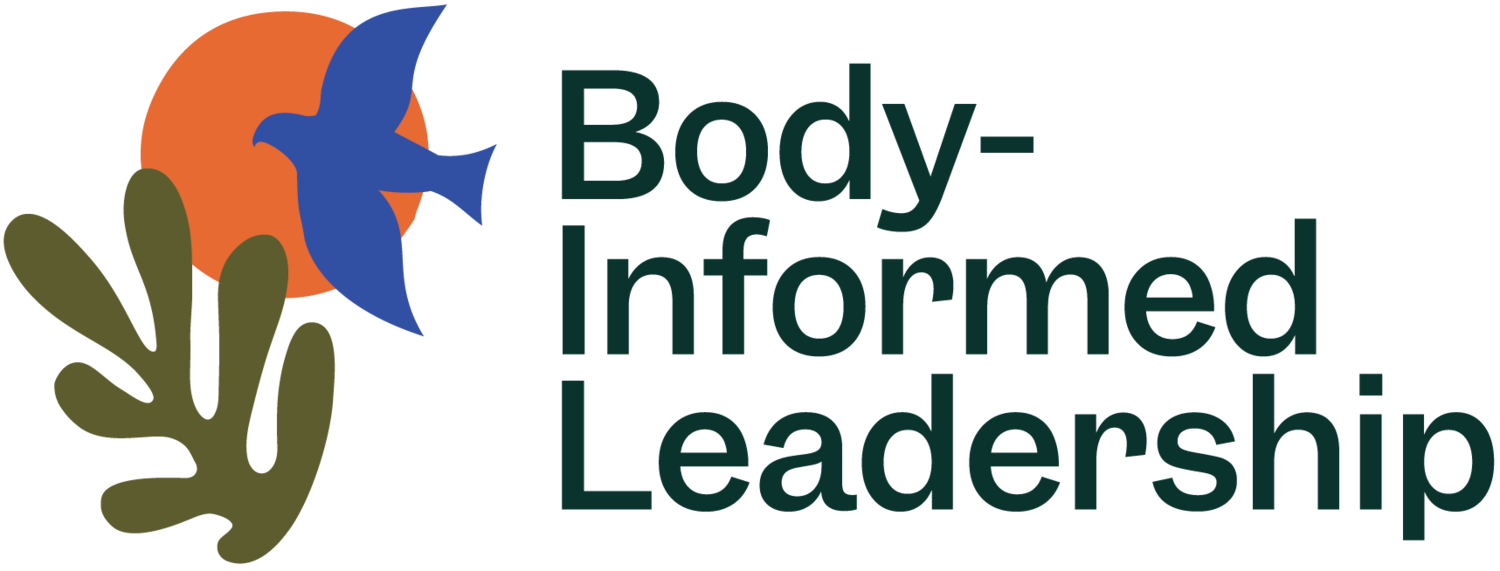Being Together: Embodied Skills for Collaboration
This workshop is for purpose-driven leaders and coaches who know that the difference they want to make starts with themselves. They are seeking out the inner pathways by which they can better understand their relational patterns, weaknesses, and strengths; become more skilful in their practice of self-and-co-regulation, expression, listening, and presence; trust themselves more; turn down the noise, listen to the field, and find the flow and integrity that only come from operating from the centre.
The workshop takes participants through the 3 Cultivations of Body-Informed Leadership: Safety, Embodiment, and Integration. Through experiential activities, theoretical frameworks and supported somatic practice, participants learn the importance of each Cultivation to their human neurobiology, as well as the role it plays in their leadership and teams. Each Cultivation helps participants anchor a different quality of presence within themselves, and provides a guidepost for creating more relational, connected, complexity-ready cultures.
Most importantly, the course enables participants to identify their own patterns and the life histories that have shaped their embodied collaborative ways of being. On this deep-dive, participants go on a compassionate journey through the landscape within. They learn new ways of harnessing their embodied energies in service of connection and to let go of patterns which no longer serve. It is tender, intimate work and tremendously transformational. It is absolutely critical for those who seek to genuinely embody the connected, collaborative ethos they are creating in the world, and to find deeper levels of trust for themselves and those they work with.
Program Dates: TBA
Location: TBA
Cost: TBA
Course Format
The course is delivered over a 9-month period, from February to October. It consists of:
3 in-person sessions of 3 days each
Monthly 3-hour online sessions for group inquiry, reflection, and co-mentorship
Carefully selected readings, videos, and other resources that immerse participants in key histories, current research and best practice
Regular written assignments to integrate learning
Regular online meetings in small groups for embodied practice and reflection
Connection and conversation on the course’s dedicated online forum
5 1-1 sessions with Madelanne
Course Content
Safety
Learn what ‘safety’ means, not as an external set of circumstances but as an internal orientation that can be cultivated, practiced and returned to time and again. Learn about the nervous system — its development and needs for co-regulation and attachment — in an experiential embodied way. Unpack ‘trauma’ and grapple with its implications. Explore the nervous system’s influence on broader relational patterns and cultures, as well as on your personal journey. Understand what supports your nervous system to operate from relational vs. reactive states.
Embodiment
Learn tools and approaches to listen in, connect and express the multiple facets of your embodied experience. Understand the non-verbal exchange by which over 90% of communication happens, and which enables humans to share subjective states and synchronise energies and and activities. Learn how the experience of Self — including our memory and emotions — is co-created, negotiated, and expressed in this non-verbal interactive exchange. Experiment with embodied self-expression to broaden the range of what you can feel, embody, modulate and express.
Integration
Learn how integration brings health in the body, the mind, and in your groups. Put your embodied skills to work to interact productively — even joyfully — with difference; to continuously update your sense of who you are in relation to the group and the world; and to interact with complexity. Create embodied concepts to anchor your Body-Informed Leadership practice.
Course Outcomes
By the end of the programme, participants will be able to:
Demonstrate increased self-awareness and trust in their capacity as relational leaders and coaches, drawing on both cognitive and intuitive insight in their interactions.
Use somatic practices to embody presence, manage relational dynamics, and regulate personal power in leadership and coaching contexts.
Identify and shift physical and emotional patterns that affect how they engage with others, using body-based awareness as a tool for relational effectiveness.
Interpret group and interpersonal dynamics through the lens of complexity, enabling more adaptive and aligned responses in real time.
Align leadership and coaching behaviours more closely with personal and professional values, even in high-stakes or ambiguous situations.
Describe and apply practical techniques for cultivating embodied presence, deep listening, and intuitive decision-making in their work with individuals and groups.
